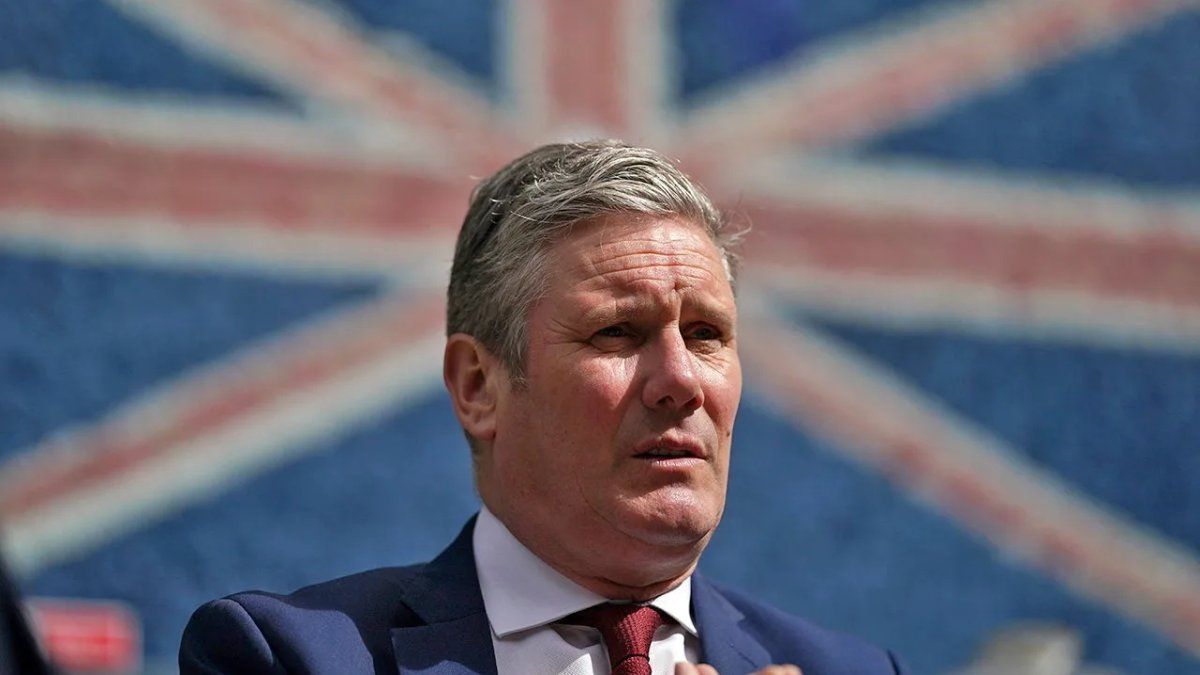Barricades and reports of shots being fired at police officers: Militant Serbs are fighting back against the Kosovan state’s new entry rules. International diplomats intervened in the heated situation.
Under pressure from US and European diplomats, the Kosovo government has postponed the implementation of new entry rules for Serbs by a month. Militant Serbs in the north of the country on Monday began removing the barricades they had erected the day before in protest at the new rules on the access roads to two border crossings into Serbia.
Regulation should have come into force today
The corresponding regulation should have come into force on Monday. Accordingly, people who identify themselves at the border with Serbian identity documents should have had an additional certificate issued by the Kosovan border police. Serbian license plates should also no longer be recognised. Pristina saw this as a countermeasure to the fact that neighboring Serbia has not recognized Kosovar documents for several years. Upon entry, Kosovan citizens receive a document similar to the one that Kosovo now wanted to introduce for travelers with Serbian documents.
On Sunday, militant activists barricaded the roads to the Jarinje and Brnjak border crossings with heavy construction machinery in the north of the country, which is predominantly inhabited by Serbs. Unknown persons also fired shots in the direction of Kosovan police officers, but nobody was injured, the police in Pristina said late on Sunday evening. Four citizens came forward to the police in Pristina, claiming to have been detained and ill-treated by militant Serbs in northern Kosovo.
Vucic calls for restraint
The Kosovo Serbs received support from the leadership in Belgrade. Serbian President Aleksandar Vucic called on Albanians and Serbs to exercise restraint in a televised speech on Sunday morning before the barricades were erected. At the same time, however, he also emphasized: “There will be no capitulation and Serbia will win if they dare to persecute Serbs, to kill Serbs.” At the time, there were no indications that the Kosovan authorities intended to physically attack ethnic Serbs.
Because of the tense situation, international diplomats came onto the scene. The EU foreign policy chief Josep Borrell and the US ambassador to Kosovo, Jeff Hovenier, approached the Kosovan Prime Minister Albin Kurti to obtain a postponement for entry into force of the entry rules. The Kosovar head of government finally announced on Monday night on Twitter that the measure would be suspended for 30 days as soon as the Serbs removed the barricades in northern Kosovo.
NATO mission is monitoring the situation
The NATO mission KFOR announced on Sunday evening that it was monitoring the situation closely. According to her mandate, she is “ready to intervene if stability is threatened.” The security force stationed in Kosovo since 1999 includes almost 4,000 soldiers. Among them are several dozen members of the Bundeswehr.
Kosovo, which is now almost exclusively inhabited by Albanians, belonged to Serbia until 1999. After an armed uprising by the Kosovar Albanians, NATO used air strikes to force the Serbian state to withdraw. From 1999 to 2008, the UN administration Unmik governed the province. Serbia does not recognize the independence declared by the Kosovars in 2008.
Source: Stern
David William is a talented author who has made a name for himself in the world of writing. He is a professional author who writes on a wide range of topics, from general interest to opinion news. David is currently working as a writer at 24 hours worlds where he brings his unique perspective and in-depth research to his articles, making them both informative and engaging.




